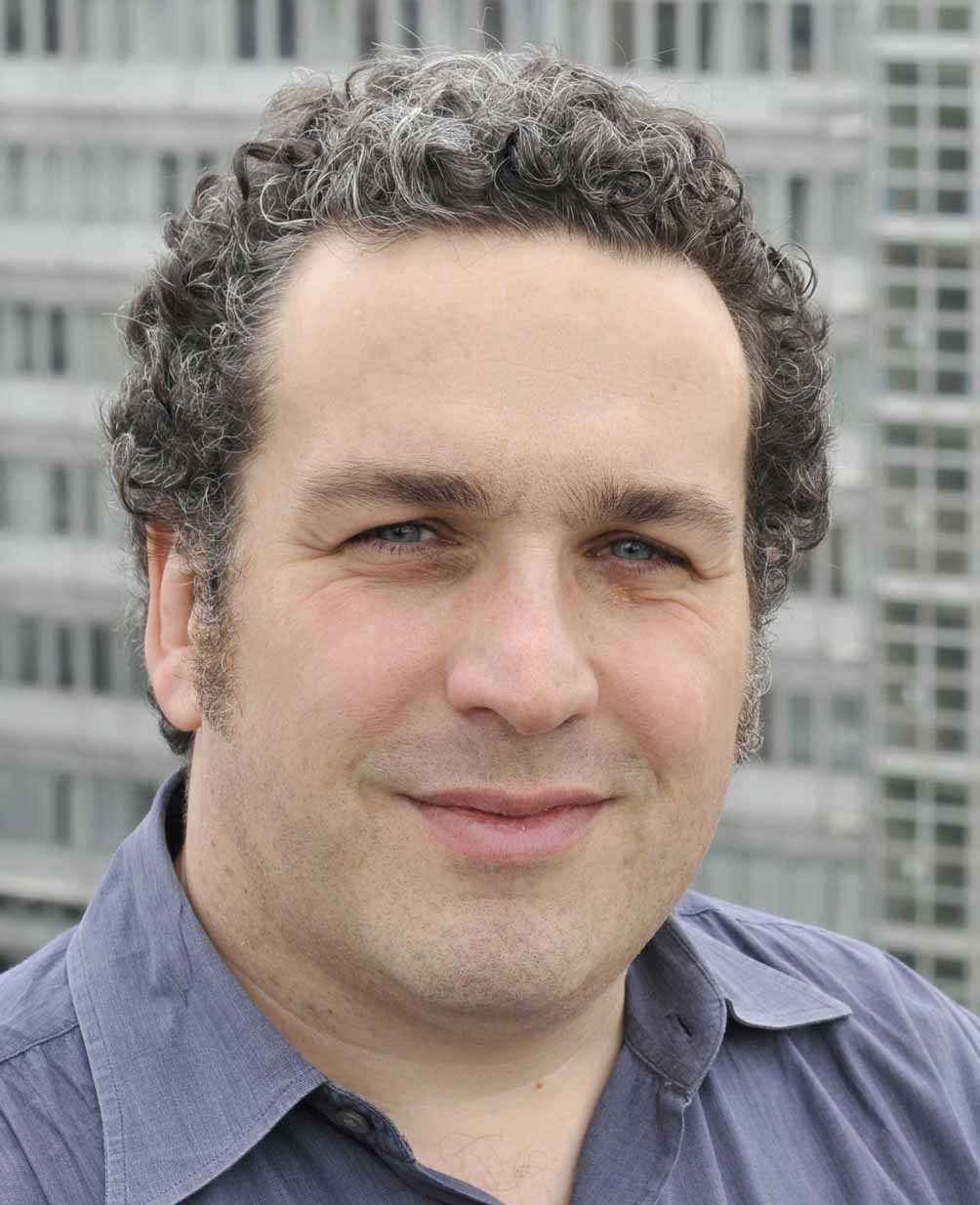
Prof. Dr. Oliver Brock
An Introduction to Soft Manipulation
Robotic manipulation has long been dominated by point contacts, geometric models, fully actuated hands, and form/force closure. These concepts have brought about fundamental advances and form the theoretical basis of manipulation research today. Fueled by evidence from human grasping, research has called into question the exclusiveness or completeness of these concepts: instead of point contacts, large surface contacts have proven to increase robustness; instead of precise geometric models, simple geometric features have proven sufficient for successful grasping and manipulation; instead of fully actuated hands, underactuated, compliant hands seem to be the state of the art today; and instead of form/force closure, the notion of funnels describing interactions between hand/object/environment seem to have taken center stage. In this session, I will review these developments, describe their origins, and speculate on whether we are moving towards a fundamental change in manipulation—towards Soft Manipulation. This session is intended to provide the framing for what is to come during the rest of the week. I will cover a) evidence from human grasping, b) trends in soft hand design, c) implications of softness for perception and planning, and d) the impact of these developments on robotic manipulation research as a whole.
Short CV:
Traditionally, robotic manipulation is based on concepts relating to static grasps, such as force closure and grasp taxonomies. But these concepts might be too restrictive to explain and recreate the diversity and robustness of human manipulation behavior. Human manipulation is temporally extended and heavily relies on contact. Soft manipulation therefore augments the traditional view of manipulation with temporally extended exploitations of contact with the environment. These contact interactions between hand, object, and environment may lead to important progress towards development of advanced robotic manipulation and dexterity.
Oliver Brock is the Alexander-von-Humboldt Professor of Robotics in the School of Electrical Engineering and Computer Science at the Technische Universität Berlin in Germany. He received his Diploma in Computer Science in 1993 from the Technische Universität Berlin and his Master’s and Ph.D. in Computer Science from Stanford University in 1994 and 2000, respectively. He also held post-doctoral positions at Rice University and Stanford University. Starting in 2002, he was an Assistant Professor and Associate Professor in the Department of Computer Science at the University of Massachusetts Amherst, before to moving back to the Technische Universität Berlin in 2009. The research of Brock’s lab, the Robotics and Biology Laboratory, focuses on autonomous mobile manipulation, interactive perception, grasping, manipulation, soft hands, interactive learning, motion generation, and the application of algorithms and concepts from robotics to computational problems in structural molecular biology. He is also the president of the Robotics: Science and Systems foundation.
TU Berlin, Fakultät IV, MAR 5-1
Robotics and Biology Laboratory
Marchstraße 23
10587 Berlin Germany
Phone: +49-30314-73110
